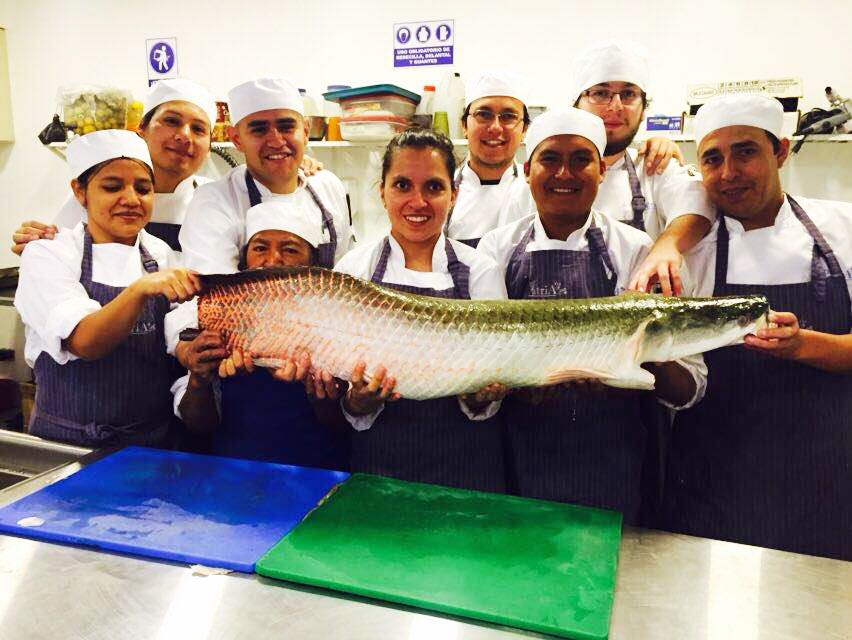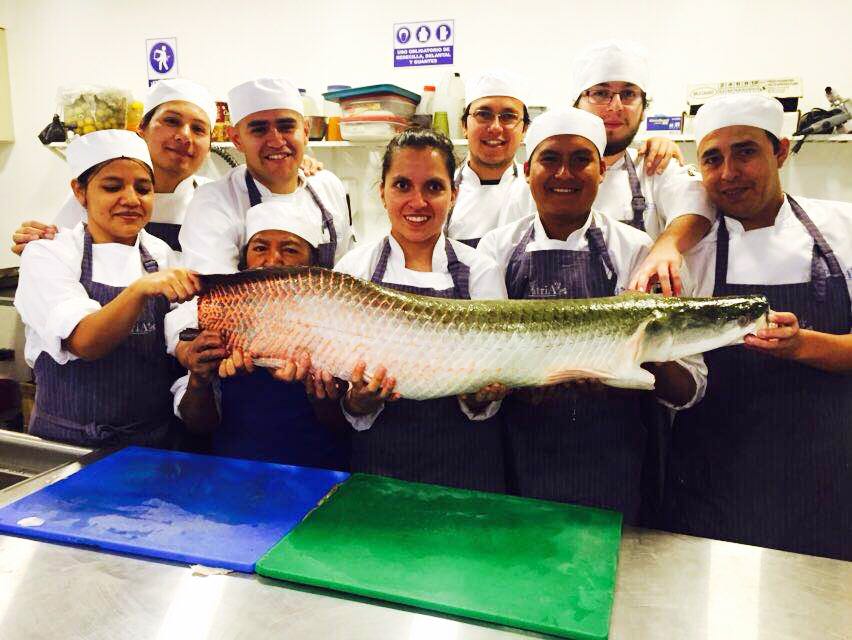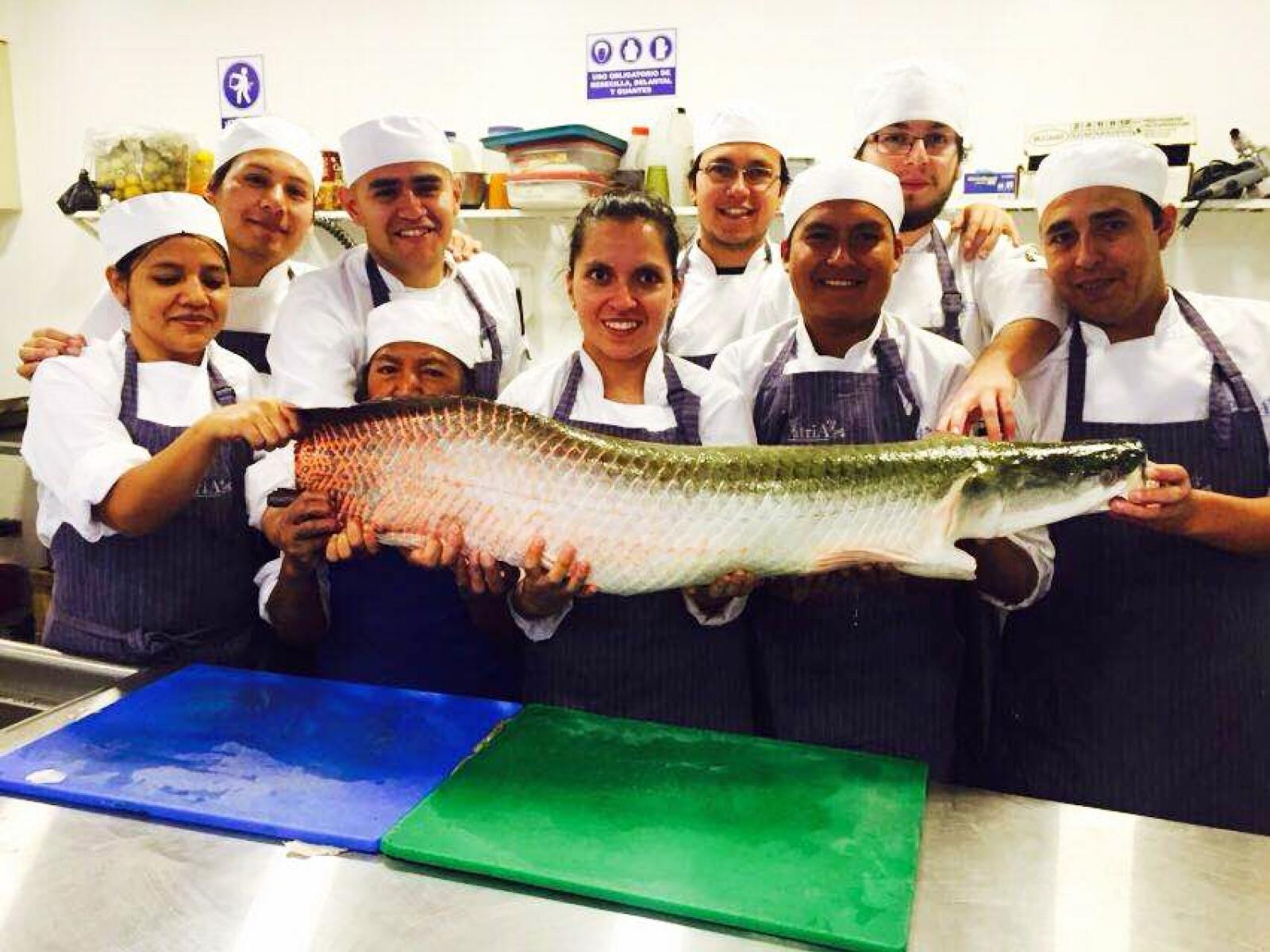An Overview Of Our Solution
- Population Impacted:
- Continent: South America
Organization type
Population impacted
Size of agricultural area
Production quantity
People employed
Describe your solution
Describe your implementation
External connections
What is the environmental or ecological challenge you are targeting with your solution?
Describe the context in which you are operating
Ecuador, covering just 0.2% of the Earth´s surface, is one of the most biologically diverse countries. Its Amazon lowlands are exceptionally rich, but also highly threatened. Of the Amazon countries, Ecuador has lost the largest share of its original Amazon forests; expansion of crops and pastures drives over 90% of this deforestation.
The Ai-Kofán people, now numbering approximately 1500 people, control some 400,000 has of forest from lowland floodplain forests to the high foothills of the Andes. The Kichwa people, numbering over 120,000 in total, constitute approximately 60% of the population of Napo province.
The mosaic of farms and forests of the Ai-Kofán and Kichwa articulate conservation landscapes of global importance including multiple Amazonian and Andean protected areas.
Since the 1970s both peoples have been heavily impacted by an influx of migrants, oil development and infrastructure which have fragmented their traditional lands and affected culture and livelihoods.
How did you impact natural resource use and greenhouse gas emissions?
Language(s)
Social/Community
Water
Food Security/Nutrition
Economic/Sustainable Development
Climate
Sustainability
We have relied on a mix of grant funding and market-based revenue to economically sustain the 4-month pilot. As encouraging results for both producers and buyers are keeping weekly orders in place, at this stage the operation has reduced its costs to the minimum as to continue delivering product consistently.
Due to the small-scale nature of this early stage, operating costs for distribution and logistics can still not be covered by sales. Following a conservative assessment of projected sales, the initiative would require grant funding support for a period of 1-2 years until a scale of business threshold is achieved.
Return on investment
Entrant Image

Entrant Banner Image

